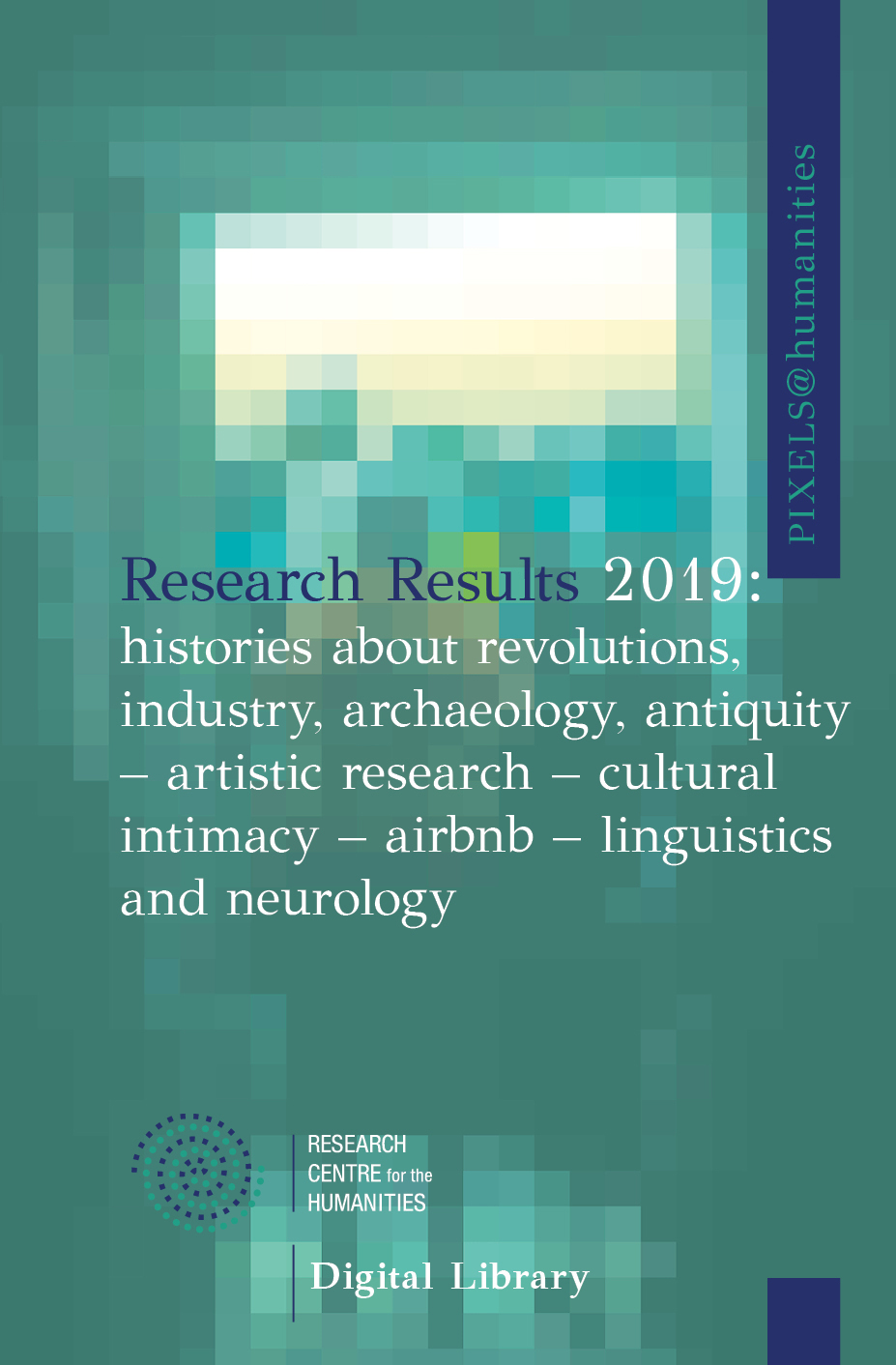Can Prosody Help Patients with Broca’s Aphasia Regain their Communication Skills?

Abstract
Although aphasia is a very common disorder, the neural processes that influence recovery continue to be unknown. As a result, still there are no specific, widely accepted aphasia therapies. Therapies based on prosodic-musical elements of speech, however, have been characterized as promising. Melodic Intonation Therapy (MIT) is one of the most well-known treatment methods based on pitch and rhythm, which was developed to increase verbal output in adults with non-fluent aphasia. Although, MIT has been adapted to several languages (French, Portuguese, Italian and Spanish), in Greece it is almost unknown.
The aim of the proposed study was twofold: to adapt the MIT to Greek and to conduct an experimental study, examining the effect of MIT in Greek patients with Broca’s aphasia.
To this aim, after the translation and adaptation of the MIT treatment to Greek, 2 patients with Broca’s aphasia took part in the present study. The results from both the Boston Diagnostic Aphasia Examination and the SPECT, before the treatment, just after the treatment, and three months after the completion of the MIT, revealed impressive improvement for both patients. Therefore MIT seems to be a promising intervention program for patients with Broca’s aphasia.
Article Details
- How to Cite
-
Martzoukou, M. (2022). Can Prosody Help Patients with Broca’s Aphasia Regain their Communication Skills?. PIXELS@humanities, 2. https://doi.org/10.12681/pixelsh.31630
- Section
- Articles

This work is licensed under a Creative Commons Attribution-NonCommercial 4.0 International License.


